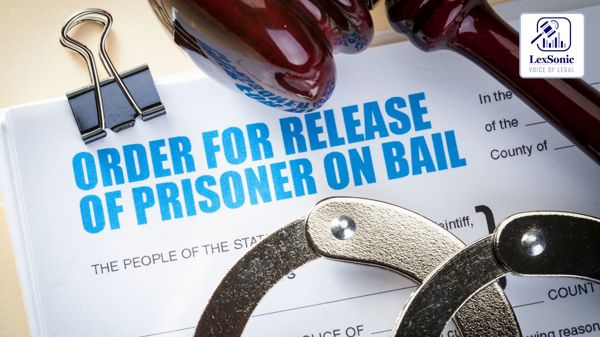Supreme Court Cancels Bail, Clarifies Lower Court's Jurisdiction in Cases of Bail Violation.
06 June 2025
Bail and Antcipatory Bail >> Criminal Law
The Supreme Court of India recently intervened in a significant case, allowing an appeal filed by the State of Karnataka through the Central Bureau of Investigation (CBI). The appeal challenged an order from the LXXXI Addl. City Civil & Sessions Judge, Bengaluru, which had declined to cancel the bail of one of the accused, Vinay Rajashekarappa Kulkarni (Respondent/Accused No. 15), on grounds of maintainability. The Trial Court's rationale was that since the bail for the Respondent had been granted by the Supreme Court itself, it lacked the jurisdiction to interfere.
Background of the Case:
The case originates from an FIR registered in 2016 concerning the murder of Yogesh Goudar, a Zilla Panchayat Member. Following initial investigations, the CBI took over the probe in 2019, re-registering the FIR and filing supplementary chargesheets that implicated 15 additional accused, including the Respondent.

The Respondent's previous attempts to secure bail were rejected by both the Trial Court and the High Court. Subsequently, in August 2021, the Supreme Court granted him bail, imposing specific conditions. These conditions included directives that the Respondent should not impede the investigation or trial, directly or indirectly contact or influence witnesses, or enter the Dharwad District until further orders. Crucially, the Supreme Court's order explicitly stated that "Any infraction or violation of the above conditions shall entail in cancellation of bail."
CBI's Application for Bail Cancellation:
In December 2024, the CBI filed an application seeking the cancellation of bail for two accused, including the Respondent, alleging that they had attempted to contact and influence prosecution witnesses. It was specifically contended that attempts were made to influence CW-56 and CW-57, and that Accused No. 17, who had turned approver, was also contacted, leading him to retract his statement. The CBI presented CDRs (Call Detail Records), CCTV footage, and photographs as evidence.
While the Trial Court allowed the bail cancellation for another accused (Accused No. 16), it declined to do so for the Respondent, asserting that it lacked the authority to cancel bail granted by the Supreme Court.
Supreme Court's Ruling:
The Supreme Court, after hearing arguments from both sides, found the Trial Court's position on maintainability to be incorrect. The apex court clarified that a Trial Court, being a Court of Sessions, is entitled to entertain an application for bail cancellation under Section 439(2) of the Code of Criminal Procedure, 1973 (now Section 483(3) of the Bharitya Nagarik Surakha Sanhita, 2023) if there is a violation of bail conditions. This holds true even if the initial bail was granted by a higher constitutional court, especially when the higher court itself provided for such cancellation upon condition violation. The Court referenced its own precedent in Gurcharan Singh v. State (Delhi Admn.).
On the merits of the allegations, while consciously refraining from detailed observations given the ongoing trial, the Supreme Court found "sufficient material on record to suggest that the attempt(s) have been made by the Respondent to either contact witnesses or alternatively, influence such witnesses."
Conclusion:
Based on its findings, the Supreme Court concluded that the bail granted to the Respondent (Accused No. 15) ought to be cancelled. The Respondent has been directed to surrender before the concerned trial court or jail authority within one week. The Supreme Court also urged the Trial Court to endeavor to conclude the trial expeditiously, without being influenced by the observations made in this order.
